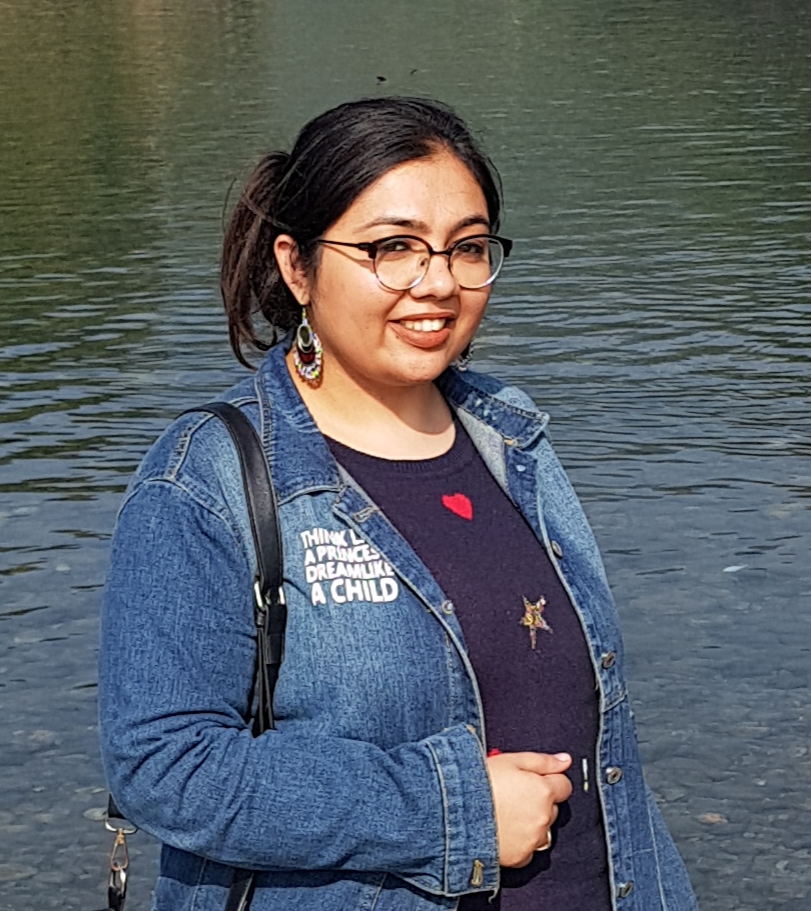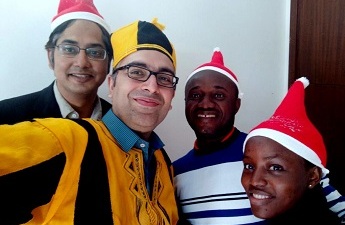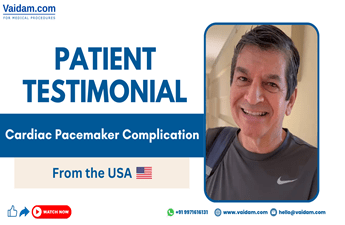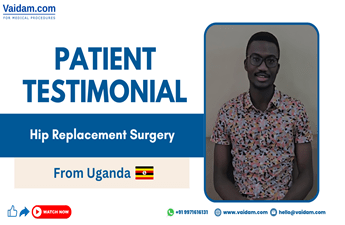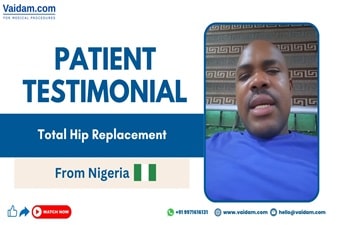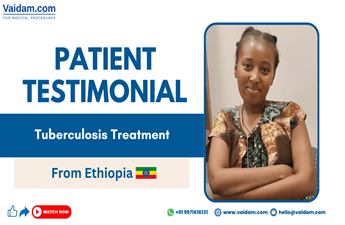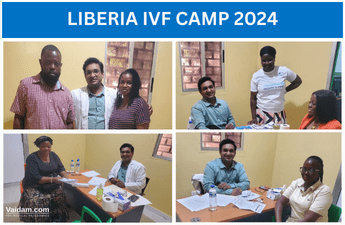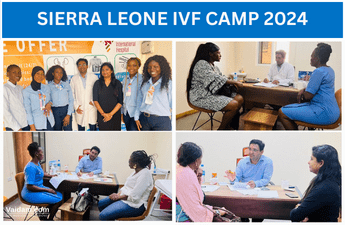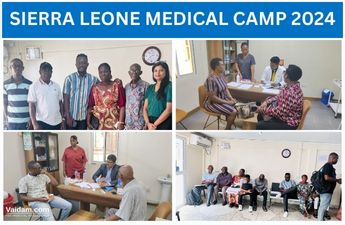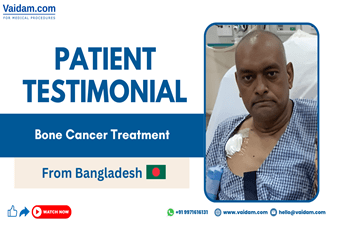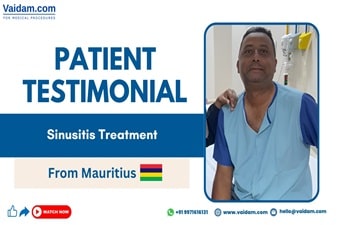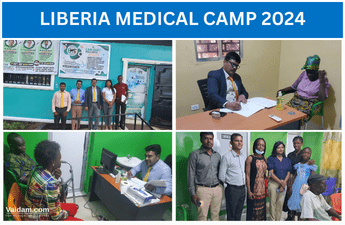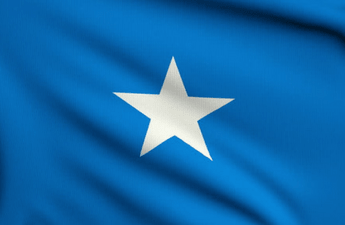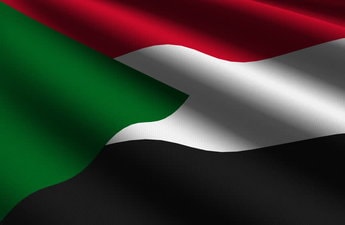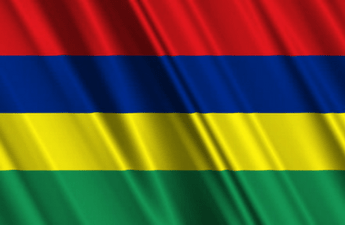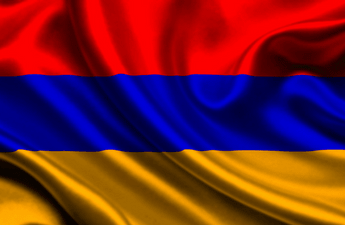Since India has become a medical hub across the globe, the government of India has come up with a visa that is specialized for the medical treatment in India, known as the medical visa. This is applicable only for those, who are seeking to get the treatment is government recognized hospitals.
At Present, There are 2 Types of Medical Visa Available -
- Medical Visa
- Medical eVisa (online visa)
However, not all the countries are eligible for applying for an eMedical Visa. Names of all the countries for which medical eVisa is applicable are mentioned at the end.
Eligibility for Medical Visa Application to India
Following is the eligibility criteria for people applying a medical visa to India:
- The applicant must have a medical consultation from a medical center in its native country and recommended to further specialized treatment, before applying the visa for any treatment to India.
- The applicant must show that he/ she wants the treatment in an established/ recognized/ specialized Hospitals/ Treatment Centers in India.
- Applicants with critical medical ailments are given high priority for the visa. These ailments include serious issues like cardiac disorders, organ transplants, neurosurgery etc.
- Another condition for the applicant is that he/ she must have assured financial standing for the return ticket and all expenses related to the treatment.
- The visa is not applicable for surrogacy.
Steps To Get a Medical Visa
Following steps are required to apply for a medical visa to India:
- Filling the visa application form.
- After completing the form with all the correct information, a print copy of the application is taken out.
- All the documents listed below are collected.
- Then, the applicant needs to visit the nearby India embassy in his/her country.
- The application form along with the documents are submitted.
- The applicant has to wait for up to 3 weeks for approval. Once the visa is approved, the travel dates can be scheduled.
- The visa is stamped at the Airport after the arrival.
The Documents Required Are -
- Passport with 6 months validity and 2 blank pages.
- Recent Passport size photographs
- Photocopy of the passport
- Print out of the visa application form
- Proof of residential address
- A medical document from the native country recommending a particular medical center for the treatment.
- Passport copy of the attendant (for the medical attendant visa)
- Proof of relationship with the attendant.
- Medical reports from the doctor.
Get in Touch with Medical Experts
eMedical Visa
The medical eVisa is the recent provision provided by the government of India. This prevents wastage of time visiting the India embassy for the visa. You can apply it online, which saves time and cuts the cost. Following documents are needed for the online medical visa application:
- Passport - The passport should be the current valid passport and 2 blank pages. It must be renewed if needed. The online application will need a scanned copy of the passport in a PDF format.
- A Digital Photograph - a recent picture of the applicant in JPEG format is needed comprising any recent changes that have occurred in the past.
- A Credit or Debit card - This is needed to make the payment. The payment can also be done by a Paypal account.
- Medical Letter - A Visa Invitation Letter is needed from the hospital in India from where you are going to take the treatment. This can also be arranged by a facilitation company if you are coming to India through them. This should be in a PDF format.
After a compilation of all the above documents, the applicant should fill the online visa application form. The first step will need you to write all the basic information and the second step will involve a personal questionnaire along with uploading the documents mentioned above. If everything is kept ready before, the entire process takes around 20 minutes. In case of any query, there is 24/7 assistance service by iVisa to answer all the queries.
How to get the Visa Invitation Letter?
It is easy to get the VIL (Visa Invitation Letter) from the hospital. Just ask your doctor to write a letter about your medical condition, treatment required, and the number of days to stay for the treatment along with the stamp of the recognized institution.
If you do not want to go through this hassle, you may also contact the facilitation company such Vaidam Health, that can assist you in the entire process from selection of the hospital to your arrival in India.
Visa for the Attendants
There is a distinct type of visa for people who want to come as an attendant with the patient. This is called a Medical attendant visa. Two attendants can visit with one patient at one time. The attendants should be in blood relation with the patient. These attendants will need to apply for a separate visa and will have to go through the same process of visa application as that of the main applicant. The validity and extension policies of the visa are the same as that of the medical visa. A doctor who wants to accompany the patient should also apply for the medical attendant visa. The attendants also have to register themselves with the local FRRO or FRO within 14 days of entering India.
Time taken for the Visa Arrival
Usually, it takes approximately 72 hours for arrival. However, the process is conducted on a priority basis. Requests for urgent cases is processed in lesser time and the visa can be issued on the same day. There is no insistence on physical appearance or presence of the patients with critical medical conditions.
Registration Procedure for the Medical Visa
It is imperative for the applicant with a medical visa to register themselves with the FRRO or FRO within 14 days after their arrival in India.
Visa Validation and Extension
The e-medical visa is valid for 60 days from the date of arrival to India. A person is allowed 3 entries for the Visa. The eVisa for the medical purpose can be applied only 2 times in a year. It is non-extendable, non-convertible and not valid for visiting the restricted areas.
The medical visa is provided either for the duration of the treatment or for one year, whichever is less. However, it can be extended up to another year on the orders of the State Government or FRROs after getting a medical certificate from a recognized hospital of India. The medical visa also allows 3 entries in a year.
Fees for the Medical Visa
The fees required for applying the visa varies with the country from where you are applying. Sometimes it also varies if you need to apply it on an emergency basis. Usually, the cost ranges from 80 - 100 US dollars.
Some nations have medical visa fee as low as 25 US dollars such as Japan, Singapore, and Shri Lanka.
However, in some countries, there is no medical visa fee applicable. These are Argentina, Cook Islands, Fiji, Indonesia, Jamaica, Kiribati, Marshall Islands, Mauritius, Micronesia, Myanmar, Nauru, Niue Islands, Palau, Papua New Guinea, Samoa, Seychelles, Solomon Islands, South Africa, Tonga, Tuvalu, Uruguay, and Vanuatu.
Whom to Consult if You Have Any Issues After the Arrival?
The first approach of the applicant must be to contact the hospital staff from which he or she is getting the treatment. For further issues, the patient may also contact the team of facilitation company, if one has come through them. The team can help in all kinds of issues related to accommodation, commuting, food etc.
For any other issues related to visa, the FRRO (Foreigners Regional Registration Office) can be contacted.
Countries for Which eVisa is Applicable are:
Albania, Andorra, Angola, Anguilla, Antigua & Barbuda, Argentina, Armenia, Aruba, Australia, Austria, Azerbaijan, Bahamas, Barbados, Belgium, Belize, Bolivia, Bosnia & Herzegovina, Botswana, Brazil, Brunei, Bulgaria, Burundi, Cambodia, Cameroon Union Republic, Canada, Cape Verde, Cayman Island, Chile, China, China- SAR Hongkong, China- SAR Macau, Colombia, Comoros, Cook Islands, Costa Rica, Cote d'lvoire, Croatia, Cuba, Cyprus, Czech Republic, Denmark, Djibouti, Dominica, Dominican Republic, East Timor, Ecuador, El Salvador, Eritrea, Estonia, Fiji, Finland, France, Gabon, Gambia, Georgia, Germany, Ghana, Greece, Grenada, Guatemala, Guinea, Guyana, Haiti, Honduras, Hungary, Iceland, Indonesia, Iran, Ireland, Israel, Italy, Jamaica, Japan, Jordan, Kazakhstan, Kenya, Kiribati,Kyrgyzstan , Laos, Latvia, Lesotho, Liberia, Liechtenstein, Lithuania, Luxembourg, Madagascar, Malawi, Malaysia, Mali, Malta, Marshall Islands, Mauritius, Mexico, Micronesia, Moldova, Monaco, Mongolia, Montenegro, Montserrat, Mozambique, Myanmar, Namibia, Nauru, Netherlands, New Zealand, Nicaragua, Niger Republic, Niue Island, Norway, Oman, Palau, Palestine, Panama, Papua New Guinea, Paraguay, Peru, Philippines, Poland, Portugal , Qatar, Republic of Korea, Republic of Macedonia, Romania, Russia, Rwanda, Saint Christopher and Nevis, Saint Lucia, Saint Vincent & the Grenadines, Samoa, San Marino, Senegal, Serbia, Seychelles, Sierra Leone, Singapore, Slovakia, Slovenia, Solomon Islands, South Africa, Spain, Sri Lanka, Suriname, Swaziland, Sweden, Switzerland, Taiwan, Tajikistan, Tanzania, Thailand, Tonga, Trinidad & Tobago, Turks & Caicos Island, Tuvalu, UAE, Uganda,Ukraine, United Kingdom, Uruguay, USA, Uzbekistan, Vanuatu, Vatican City-Holy See, Venezuela, Vietnam, Zambia and Zimbabwe.
The Indian Medical e-Visa is valid for entry through 26 designated Airports(i.e. Ahmedabad, Amritsar, Bagdogra, Bengaluru, Calicut, Chennai, Chandigarh, Cochin, Coimbatore, Delhi, Gaya, Goa, Guwahati, Hyderabad, Jaipur, Kolkata, Lucknow, Madurai, Mangalore, Mumbai, Nagpur, Pune, Tiruchirapalli, Trivandrum, Varanasi & Vishakhapatnam) and 5 designated seaports (i.e. Cochin, Goa, Mangalore, Mumbai, Chennai). However, travelers can exit from any of the authorized Immigration Check Posts (ICPs) in India.
FREQUENTLY ASKED QUESTIONS
Q. What do I need to apply for the Indian Medical eVisa?
Before submitting the visa application form, one needs to submit the following documents:
- A digital copy of the bio page of your passport in PDF format.
- A digital passport photo in JPEG format.
- A letter from the hospital in India on its letterhead in PDF format.
- A credit/debit card or Paypal account.
Q. What are the requirements of the photograph to be uploaded in the visa application form?
- The photo should present Full face, front view, eyes open
- Center head within the frame and present full head from top of hair to bottom of the chin.
- The height and width of the Photo must be equal
- The photograph should be without any borders
- The background should be plain light colored or white background
- No shadows on the face or on the background
Q. How will I receive the eVisa?
After your medical eVisa is approved by the government, you will receive it on the email id that you have provided in the visa application form.
Q. How long does it take to get the medical eVisa?
Normally it takes 48 - 72 hours after the visa application to get it. In some cases, where the patient is critically ill, a request can be made for an urgent visa. This enables to get it on the same of visa application.
Q. Do I need to get my passport stamped after the arrival?
The passports are always stamped at the time of arrival at the immigration counters. The medical tourists must make sure that their passports are stamped before they leave the immigration counter. Any foreigner arriving in India is required to fill the Arrival card in which the following information including name, date of birth, passport number, address in India, flight number, date of arrival, and date of boarding has to be filled.
If the stamp is not affixed at the counter, the passengers should immediately contact the FRRO to avoid any inconvenience the next time they travel.
Q. Do I need to get any vaccination before I come to India?
Before coming to India, the passengers must check with the doctor and the government advisory about the kind of immunizations need to be taken. The most common forms of vaccination are below:
- Diphtheria Pertussis and Tetanus (DPT)
- Measles, Mumps, and Rubella (MMR)
- Polio (Oral Polio Vaccine or Injectable Polio Vaccine)
- Hemophilus b conjugate vaccine (Hib)
- Hepatitis A
- Hepatitis B (when stay goes beyond 60 days)
- Typhoid
- Japanese B encephalitis (JBE)
People from the following countries must have a yellow fever vaccination certificate and oral polio vaccination certificate six weeks before the entry, as per Government of India directives preferably using IHR 2005 International Certificate of Vaccination or Prophylaxis from a hospital or Centre administering OPV by the Government of their respective country. These countries include Kenya, Ethiopia, Afghanistan, Israel, Pakistan, Nigeria, and Somalia. This is obligatory for adults and children both.
Q. Are there any other formalities that need to be done after coming to India?
The applicant will need to do the registration at the FRRO within 14 days of the arrival. This is also applicable to the attendants accompanying the patient.
Q. What should I do to extend the visa?
Medical and Medical Attendant visas are extendable by contacting the FRRO (Foreigners Regional Registration Office) in India after providing the required medical documents related to the patient.
Q. What are the essential documents that I need to carry with me while coming to India for the treatment?
The patient must carry the following documents:
- Medical reports, doctor referral notes or any other records.
- Contact details such as residence, driver’s license, and passport copies
- Passport size photographs
- Bank statement and details of health insurance (if any)
Q. Can I have a pickup arrangement from the airport after my arrival?
Pickup and the drop will be arranged either by the hospital on request. The facilitation company also provide this as a complimentary service with their guest relationship executive will be available at the time of arrival.

